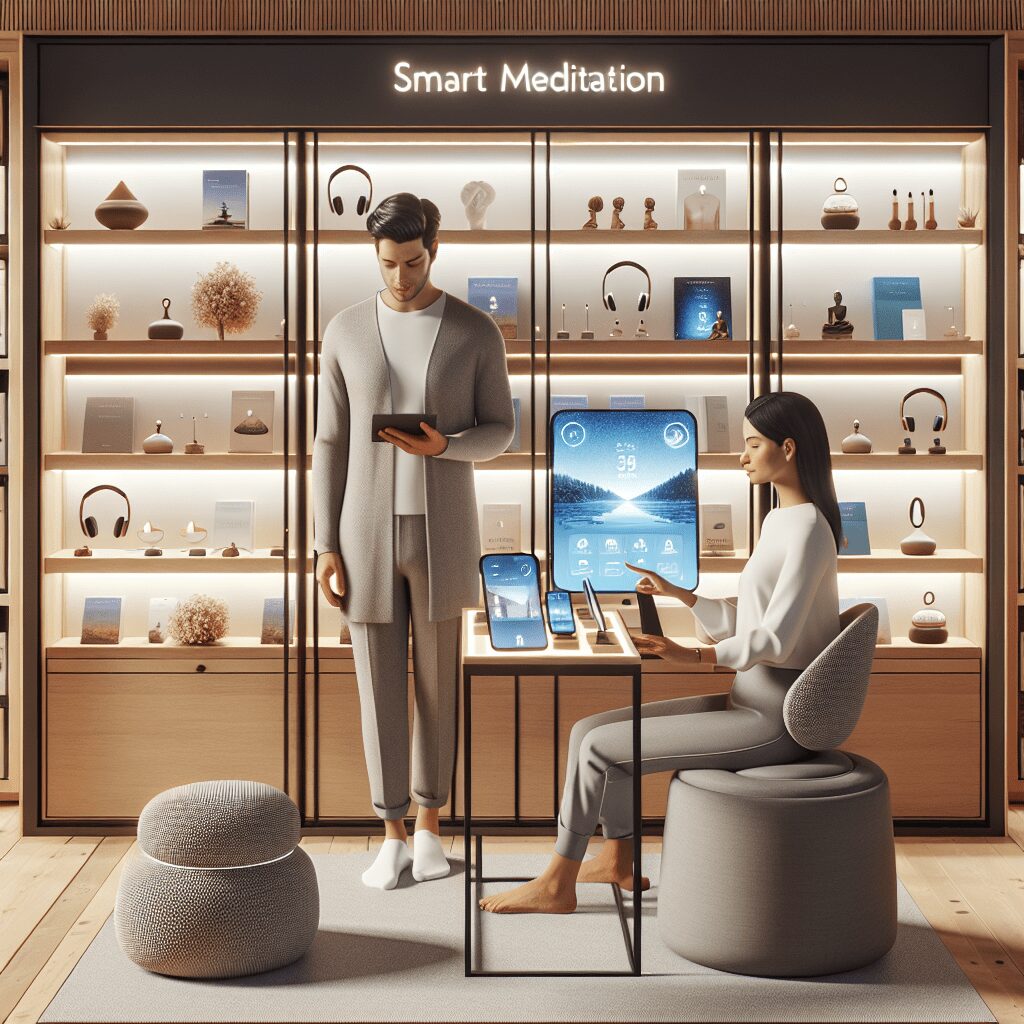
Prioritize your mental well-being daily. Enhance your life by nurturing your mental health with the Smart Meditation app. Break free from stress, alleviate anxiety, and enhance your sleep quality starting today.
What Happens If You Take Antidepressants When Not Depressed?
Diving into the World of Antidepressants Without Depression
In an era where a pill for every ill is becoming increasingly common, it’s no wonder that questions about the misuse or unconventional usage of medications, such as taking antidepressants without being clinically depressed, are popping up. Now, here’s the kicker: dabbling in antidepressants without a prescription or a doctor’s supervision is like walking on thin ice. Let’s dive deeper into why that might not be the brightest idea.
The Chemistry Behind Antidepressants
First things first, let’s chat about what’s going down on a molecular level. Antidepressants are designed to adjust the chemical balances in the brain, specifically targeting neurotransmitters like serotonin, norepinephrine, and dopamine. These chemicals play a big part in how we feel joy, sadness, excitement, and motivation. When someone’s facing the blues, these meds can be a game-changer by balancing out these neurotransmitters.
Riding the Brain Waves Without Depression
Now, for someone whose brain chemistry is all neat and tidy, playing around with these meds can stir up a storm. Imagine tossing a wrench into a well-oiled machine; you might not like what happens next. Here’s a rundown of potential scenarios:
-
A False Sense of Euphoria? Think again! Unlike recreational drugs, antidepressants don’t pack that immediate high. Instead, they take weeks, sometimes months, to kick in, and in someone without depression, they may not feel any mood elevation at all. In fact, they might just stumble into side effects alley without any of the benefits.
-
Side Effects Galore! We’re talking nausea, headaches, dry mouth, dizziness — the whole shebang. Not exactly a walk in the park, right? Plus, there’s a chance of more serious repercussions like alterations in heart rhythm, a decrease in sexual desire, or even serotonin syndrome, a potentially life-threatening condition.
-
Mental Health Mayhem: Here’s where things get dicey. Messing with brain chemistry is like playing with fire. For some, this unsupervised fiddling could actually trigger mood disorders or worsen underlying ones like bipolar disorder, which could have remained dormant without the unnecessary nudge.
Navigating the Medication Maze
So, what’s a curious mind to do? If you’re ever in a bind, feeling out of sorts, and wondering if antidepressants are the key, here’s a word of advice: consult a healthcare professional. Self-diagnosis and self-medication are risky bets, and when it comes to your well-being, it’s always better to play it safe. Remember, therapists and doctors are like navigators in the complex world of mental health; they can help chart a course that’s tailored just for you.
And for those with a script, remember that these meds are part of a larger toolkit, which might also include therapy, lifestyle changes, and support networks. Treating depression or any mental health condition is a holistic journey, one that requires patience, perseverance, and a pinch of optimism.
The Takeaway
Venturing into antidepressant territory without a map — aka a depression diagnosis — might lead you down a rabbit hole, one that’s potentially lined with unwanted side effects and health risks. If you’re ever in doubt about your mental health, reaching out for professional help is the wisest first step. After all, in the vast domain of wellbeing, it’s always best to have an expert co-pilot guiding you through the turbulence.




